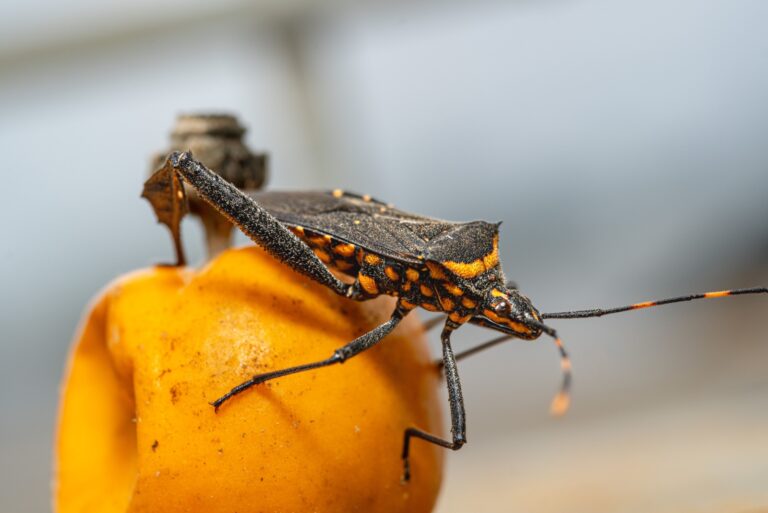The Sneaky Insect That Loves Fall Rose Gardens In Florida
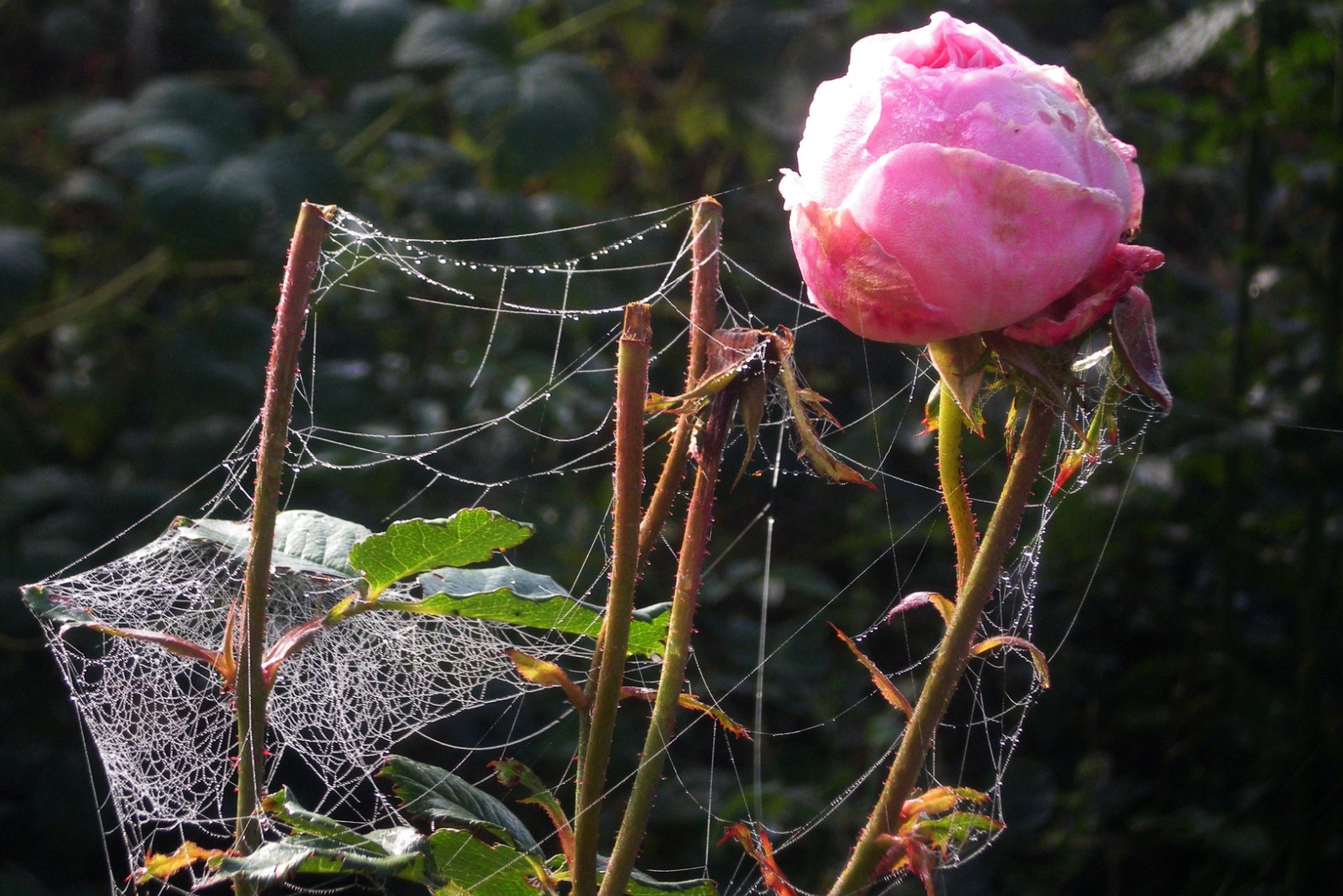
Florida gardeners know that fall brings relief from summer heat, but it also welcomes unwelcome guests to rose gardens. Spider mites are tiny pests that thrive when temperatures cool down, and they can destroy beautiful rose bushes quickly.
Understanding these sneaky creatures helps protect your garden and keeps your roses blooming beautifully all season long.
1. Spider Mites Are Not Actually Insects
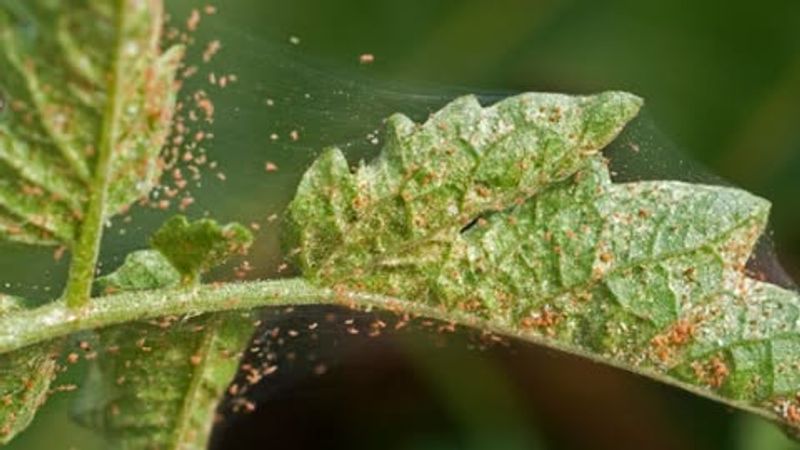
Believe it or not, spider mites belong to the arachnid family, making them relatives of spiders and ticks. Unlike insects that have six legs, these tiny pests sport eight legs just like their spider cousins.
Their bodies are so small you can barely see them without a magnifying glass. Most measure less than one millimeter in length, about the size of a grain of salt.
Knowing they’re arachnids helps you understand why certain insect sprays won’t work on them effectively.
2. Fall Weather Creates Perfect Conditions

When Florida’s scorching summer finally breaks, spider mites celebrate the cooler temperatures. They multiply fastest when it’s warm but not blazing hot, with low humidity levels that fall weather often brings.
Summer rains keep populations down, but October through December offers drier conditions. Your rose garden becomes an all-you-can-eat buffet during this season.
Temperature ranges between 60-80 degrees Fahrenheit create their ideal breeding environment in the Sunshine State.
3. They Suck Plant Juices Like Tiny Vampires
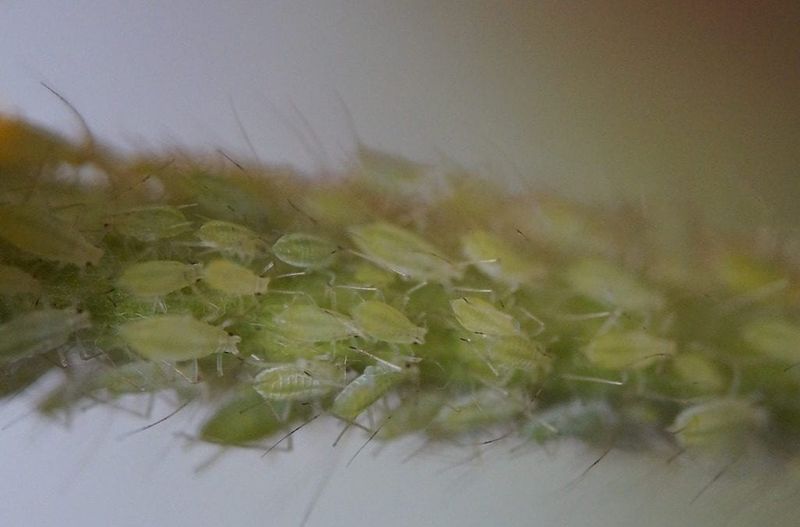
Spider mites have piercing mouthparts that puncture plant cells and drain the liquid inside. Picture tiny vampires attacking your roses one cell at a time, leaving behind pale spots called stippling.
As they feed, leaves turn yellow, bronze, or even completely brown. Heavy infestations can cause leaves to drop off entirely, weakening your rose bushes significantly.
A single leaf can host hundreds of these sap-suckers working together to damage your plants.
4. Webbing Is Their Signature Calling Card
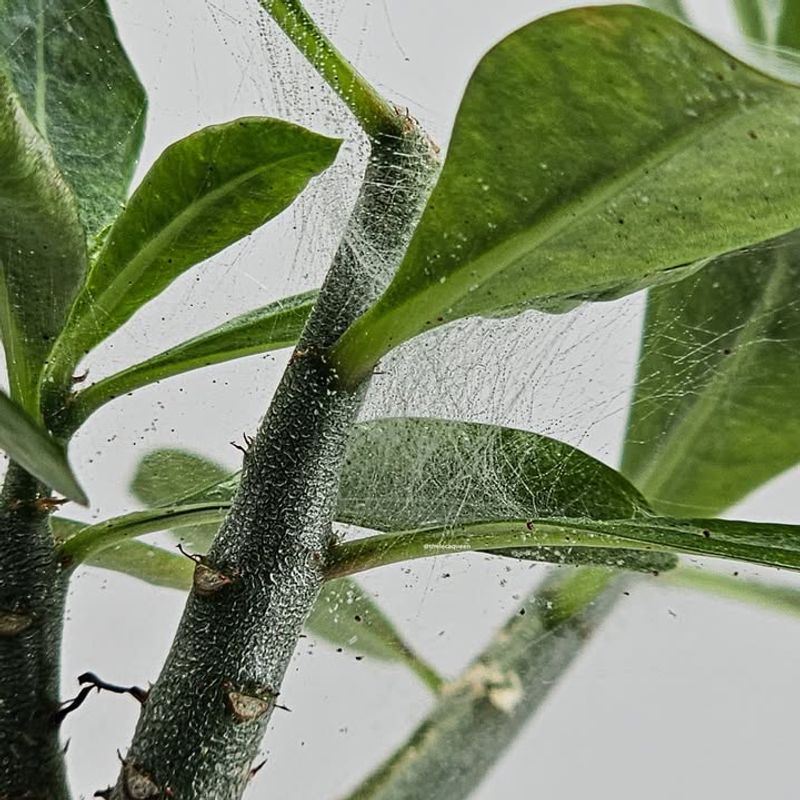
Fine, silky threads covering your rose leaves signal a serious spider mite problem. While not all species produce webbing, the two-spotted spider mite common in Florida creates protective silk strands across infested plants.
Morning dew makes this webbing easier to spot, appearing like delicate cobwebs stretched between leaves and stems. The silk protects them from predators and harsh weather conditions.
Heavy webbing often means populations have exploded beyond easy control.
5. Water Blasts Can Knock Them Down
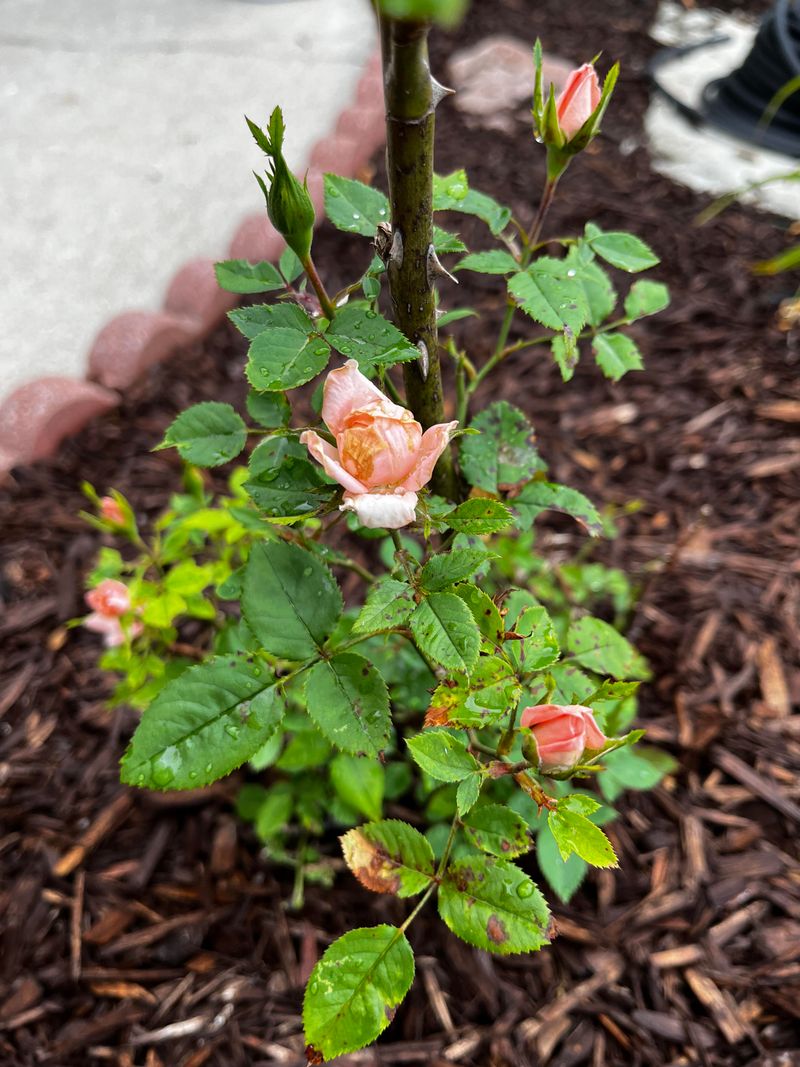
A strong spray from your garden hose works wonders against spider mite populations. These fragile creatures can’t withstand forceful water, and many get washed away permanently when you spray leaf undersides thoroughly.
Regular hosing every few days disrupts their life cycle and prevents colonies from establishing. Focus on the bottom of leaves where they love to hide and breed.
This chemical-free method protects beneficial insects while controlling pests naturally and effectively.
6. Beneficial Insects Are Natural Enemies
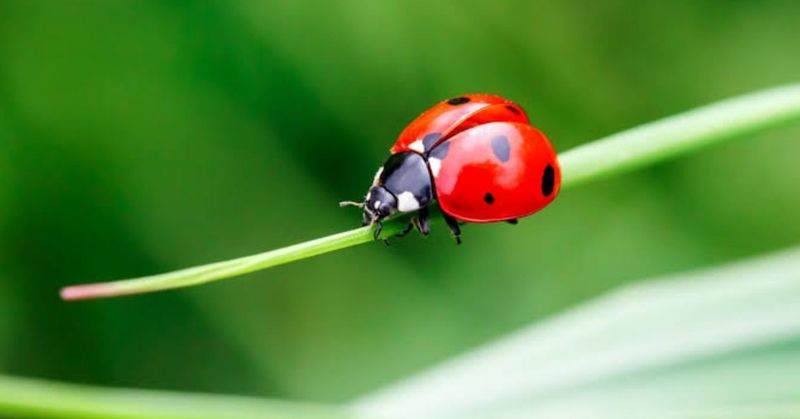
Ladybugs, lacewings, and predatory mites consider spider mites delicious snacks. Encouraging these helpful insects in your Florida rose garden creates a natural pest control system that works around the clock.
Avoid harsh chemical pesticides that kill both good and bad bugs. Plant flowers like marigolds and alyssum nearby to attract beneficial predators to your yard.
Nature’s pest control team costs nothing and works better than many synthetic options available at stores.
7. Early Detection Saves Your Roses
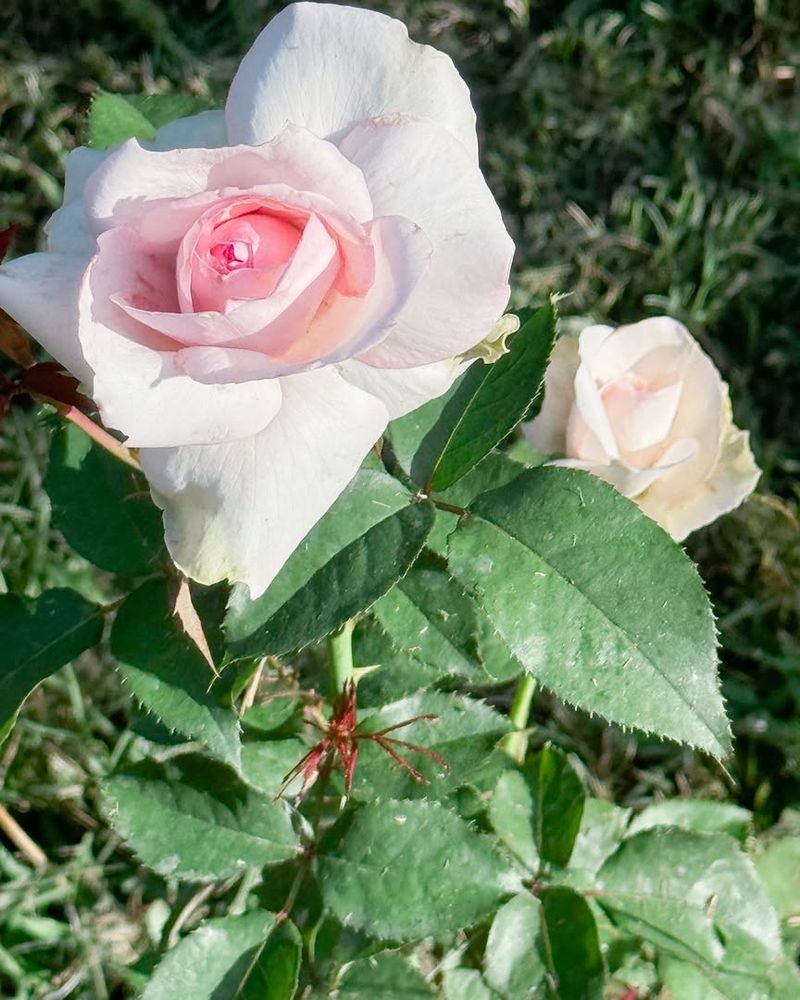
Catching spider mites early makes all the difference between minor damage and losing your entire Florida rose garden. Check leaf undersides weekly during fall months, looking for tiny moving specks or light-colored stippling patterns.
Hold white paper under branches and shake them gently. Mites falling onto the paper appear as tiny dots that crawl around slowly.
Quick action with water sprays or horticultural oils stops small problems before they become garden disasters.



